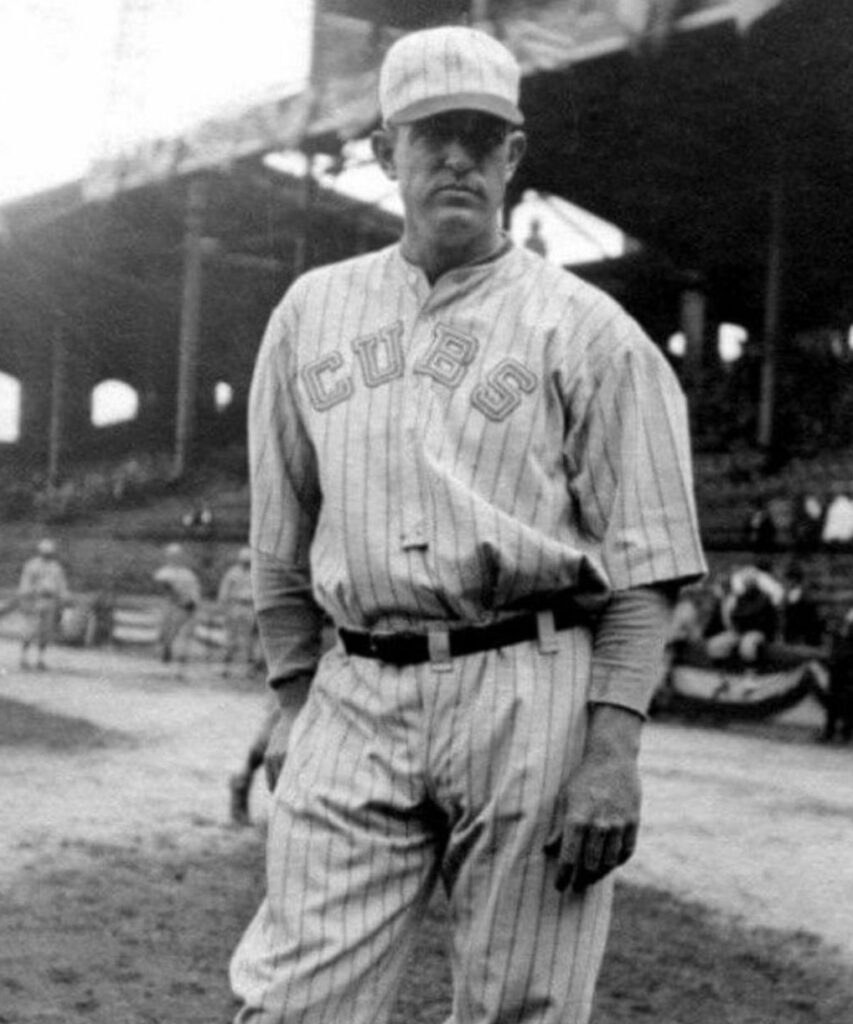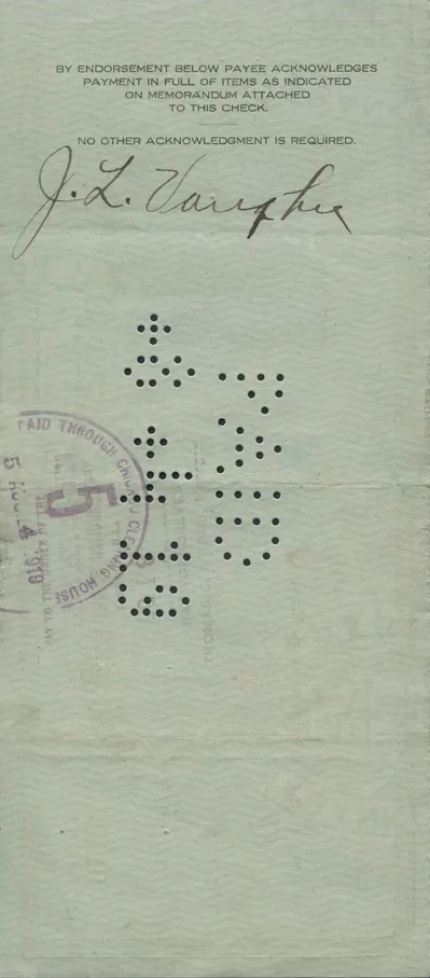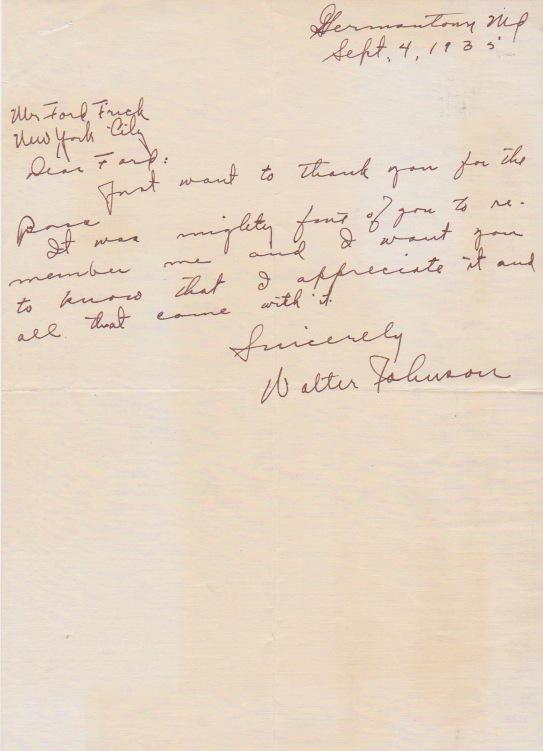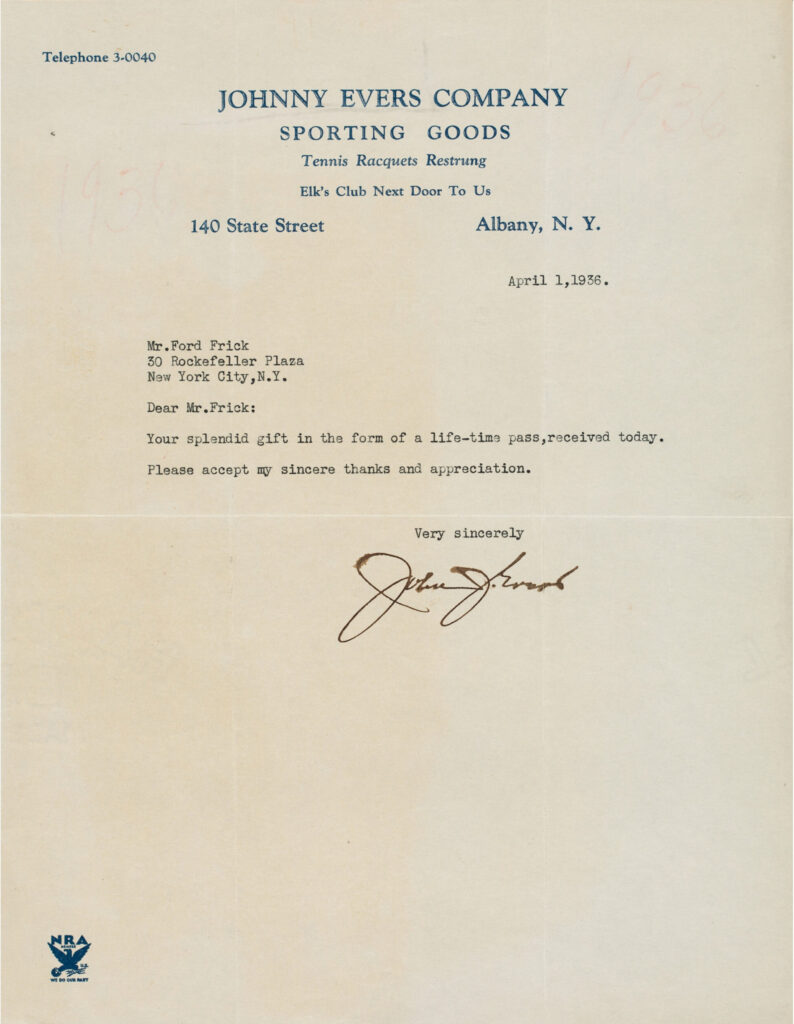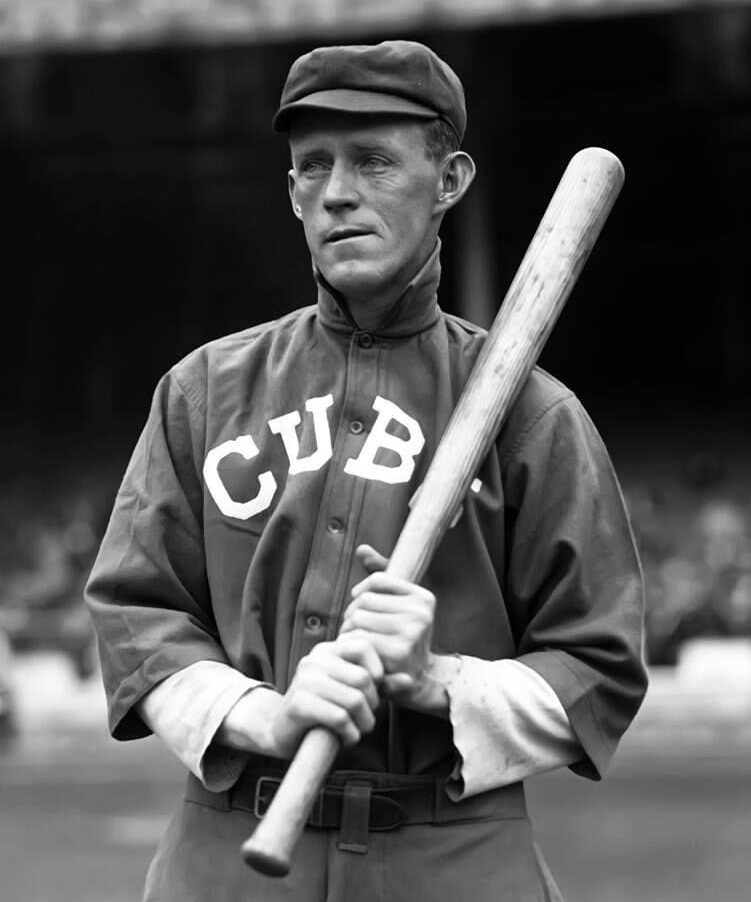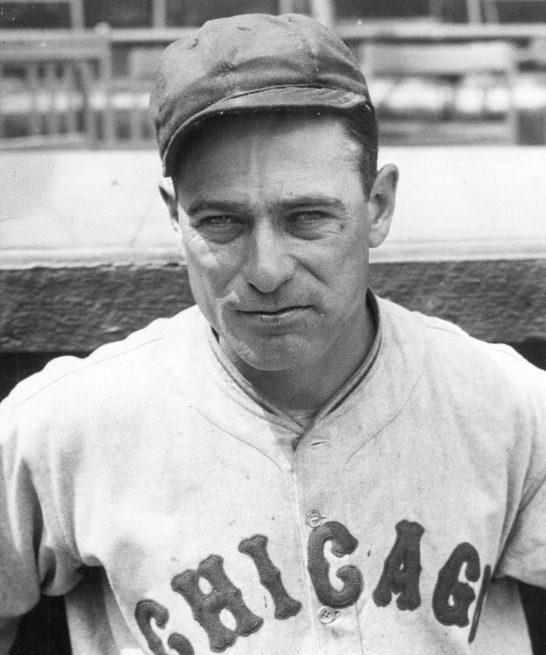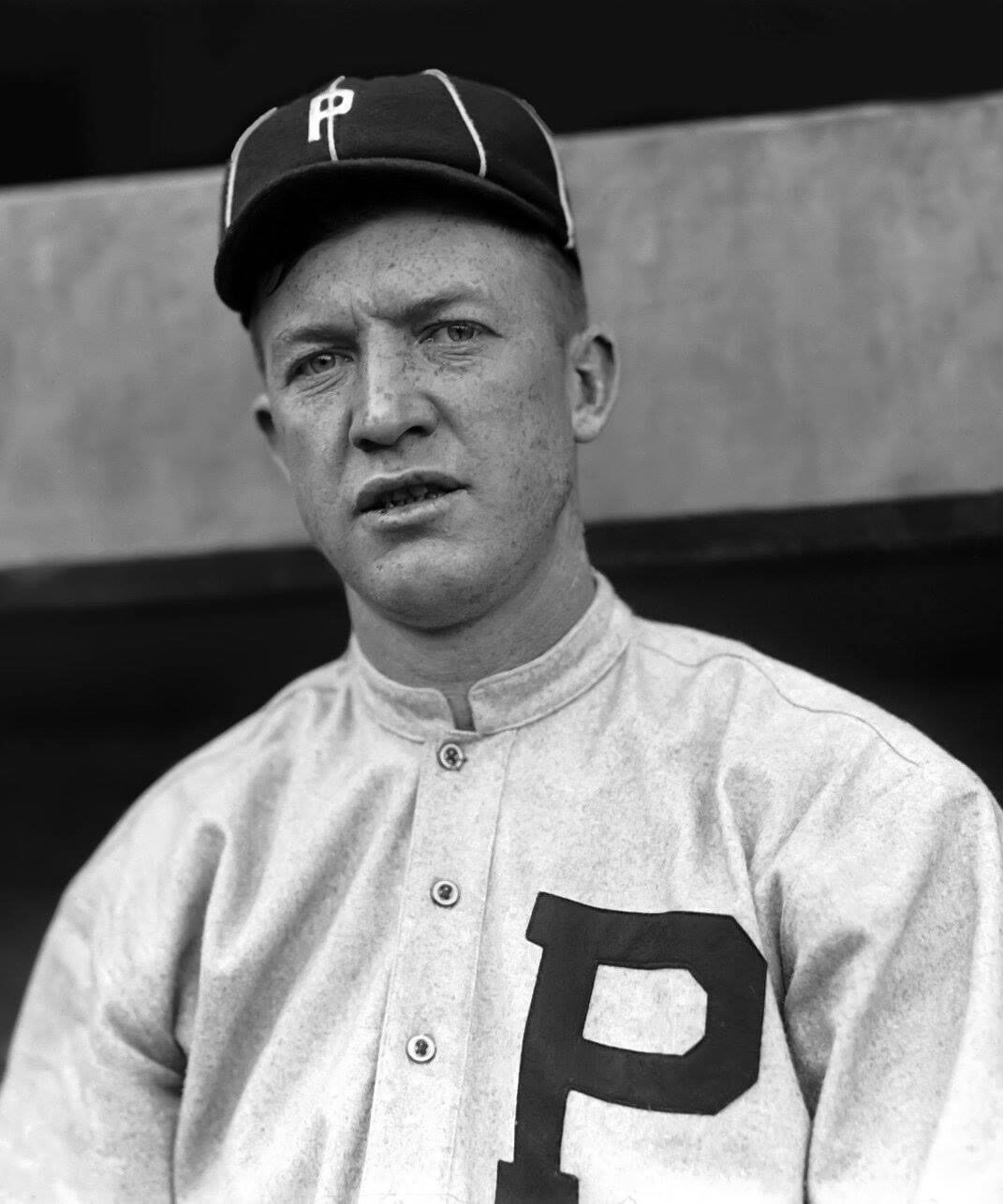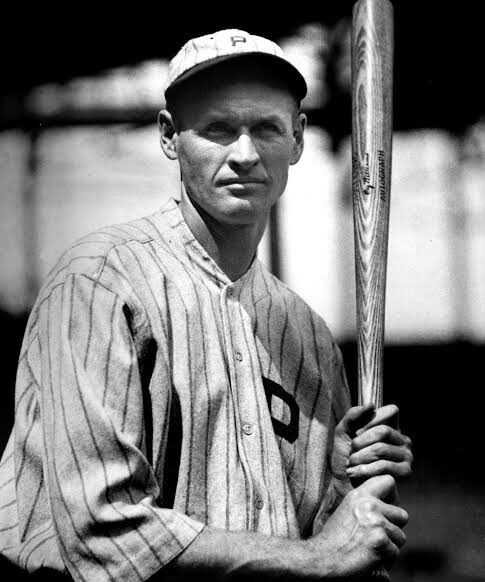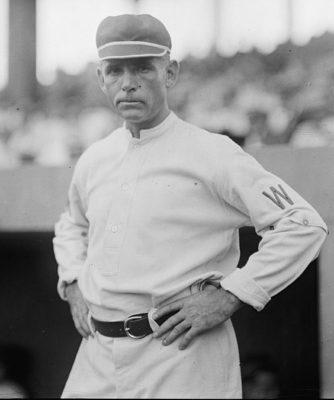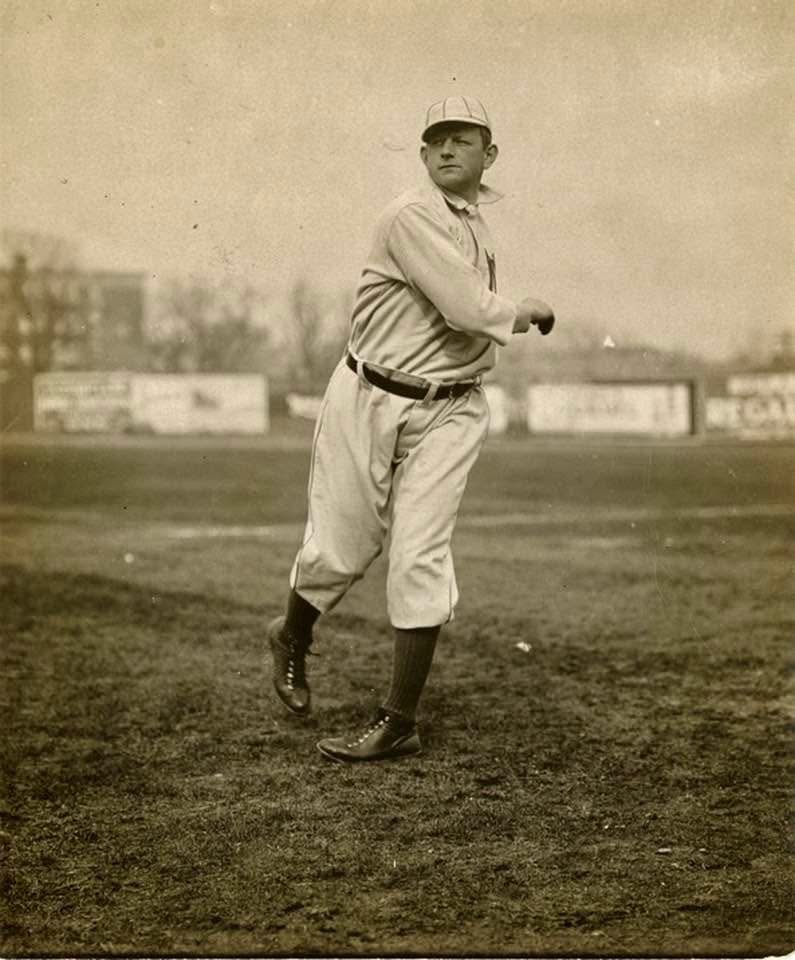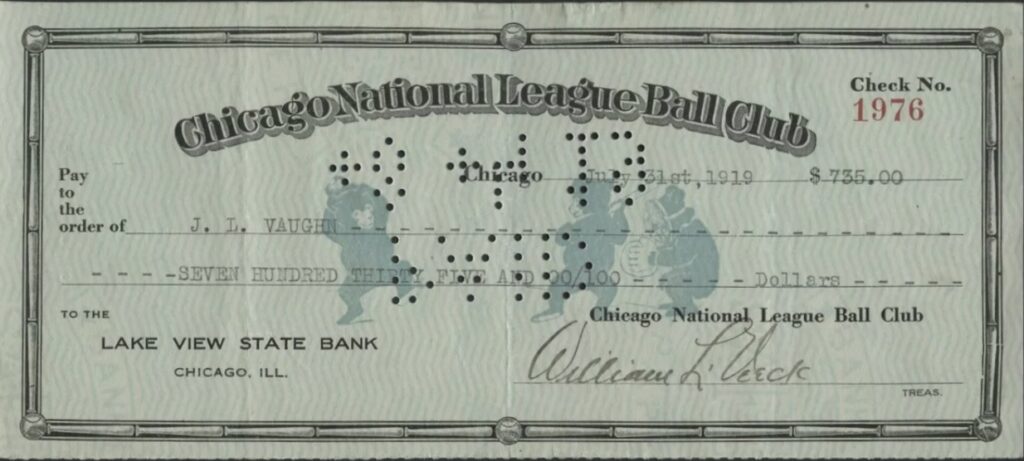
Hippo Vaughn was one of the Deadball Era’s finest pitchers. For the 7-year period from 1914-1920 the portly left-hander was at his best. During the run he averaged more than 20 victories per season, eclipsing the plateau five times. He won 143 games against 96 losses and pitched to a 2.16 earned run average.
Each year he placed among the league-leaders in many pitching categories. For his 7-season reign Vaughn finished in the Senior Circuit’s top-5 in pitchers’ WAR five times, ERA and wins four times each. In each of the 7 years he was in the top-5 in strikeouts.
Vaughn won a career best 23 in 1917 then followed it up with historic greatness. In 1918 he captured National League’s pitching Triple Crown. In addition to leading the league in wins, ERA, and strikeouts, Vaughn also paced the Senior Circuit in starts, innings, shutouts, and WHIP.
That same season Vaughn reached his only World Series. Though his Cubs dropped the 6-game tilt, Vaughn pitched valiantly. As the Game 1 starter for the Cubs, he pitched a complete game but suffered a 1-0 loss to Red Sox lefty Babe Ruth. Vaughn returned to the hill two days later in Game 3. He again went the distance and took the loss, this one a 2-1 decision at the hands of Carl Mays. Three days later he blanked the Red Sox. Vaughn’s Fall Classic statistics include three complete games, one shutout, and a 1.00 ERA.
Now more than a century after his career ended, Vaughn’s 41 career shutouts and 2.49 ERA rank 41st and 42nd all-time, respectively. In addition to that, his Cooperstown qualifications include the Triple Crown, five 20-win campaigns, and four seasons with an ERA in the 1.00s. Despite these lofty accomplishments, Vaughn’s career lacked the longevity that Hall voters prefer.
Shown here is a Cubs payroll check made out to Vaughn on July 31, 1919. Notice the signature of Cubs owner Bill Veeck the father of the Hall of Fame owner of the same name. Vaughn’s signature appears on the reverse of the check in the form of an endorsement.
The day before the check was issued Vaughn hurled 8 strong innings against the Brooklyn Robins. Though he only allowed two earned runs, the Chicago defense surrendered three errors, while the Cubs offense went scoreless. Zack Wheat was the star for Brooklyn, going 3-for-4 with a walk, a triple, two RBI, and two runs scored. The triple was the 104th of Wheat’s career, moving him past fellow Cooperstown man Frank “Home Run” Baker.
